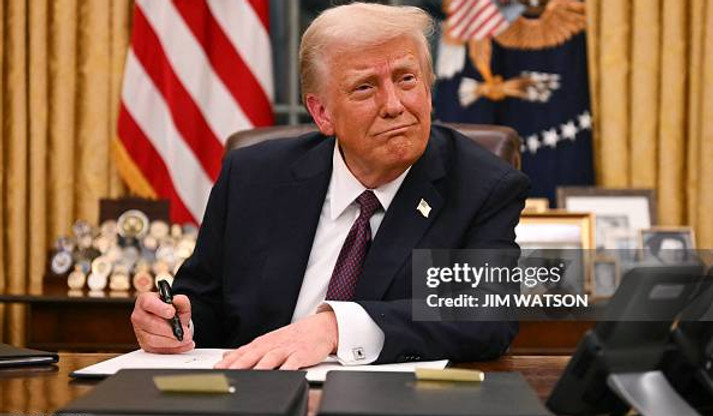Vice President Kamala Harris Leads Inaugural National Space Council Meeting
- Mona King Austin
- Dec 3, 2021
- 2 min read

Vice President Kamala Harris led the inaugural National Space Council meeting at the White House onWednesday, the first woman and person of color to do so. Along with other political leaders she laid out furture plans for the council and the Administration’s approach to ensuring space activities create opportunities that benefit the American people and the world.
As Vice President, space is a new agenda item Harris is exploring, the part of her duties with which she is least familar. Recently she toured NASA for the launch of photos from space that were taken using the lastest technology that provides clear detail and spoke about how Landsat 9 images from space can be beneficial to the work of farmers and first responders, highlighting how space work can be practical on Earth. She also pointed out how the developments in space can be useful in the realm of climate change.
VICE PRESIDENT HARRIS SPEAKS AT NASA
At the meeting, the Vice President unveiled the United States Space Priorities Framework, which will guide the Council’s efforts to develop and implement national space policy and strategy. The Council discussed promoting peaceful exploration of space and reducing the risk of miscalculation or conflict in space, the climate crisis, and enhancing STEM education.
In conjunction with the meeting, President Joe Biden signed a new Executive Order that addresses the membership, duties, and responsibilities of the Council. The Order added five new members to the Council: the Secretaries of Education, Labor, Agriculture, and the Interior, as well as the National Climate Advisor. These new members demonstrate the Administration’s emphasis on ensuring the benefits of American space activities are applied broadly throughout society and employed to solve the toughest challenges, including addressing the climate crisis and building a vibrant workforce for the future.
“Without clear norms for the responsible use of space, we stand the real risk of threats to our national and global security,” Harris said. She referred to Russia’s anti-satellite missile test two weeks ago as an “irresponsible act;” it generated some 1,500 pieces of orbital debris, delaying astronauts aboard the International Space Station from doing a planned spacewalk on Tuesday.












